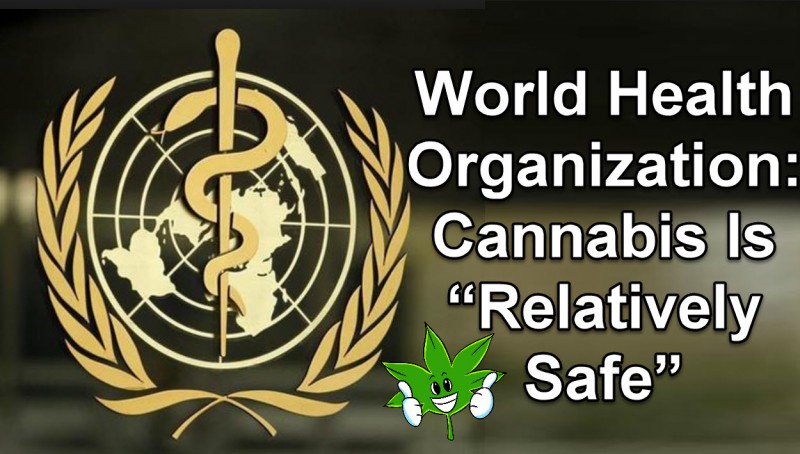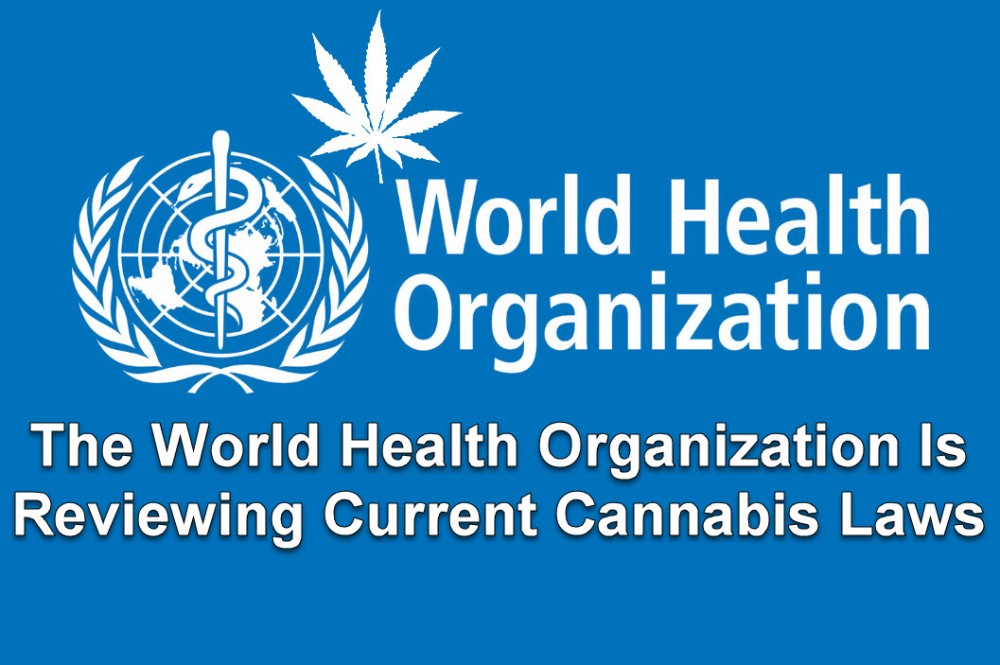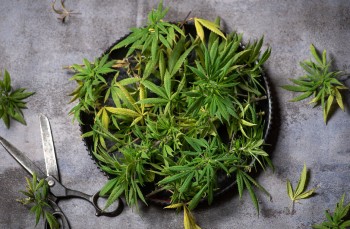World Health Organization: Cannabis Is “Relatively Safe”
World Health Organization Says Cannabis is "Safe". from CannabisNet on Vimeo.
The World Health Organization (WHO)’s Expert Committee on Drug Dependence (ECDD) had a meeting in Geneva, Switzerland early this month to discuss cannabis and to prepare issuing a new recommendation to the United Nations about the “need for and level of international control” regarding cannabis and cannabis-based products. The meeting was attended by Americans for Safe Access (ASA) and the International Medical Cannabis Patients Coalition (IMCPC) among others. Additionally, medical cannabis advocacy groups from all around the world were also present including Uruguay, Mexico, Argentina, Germany, France, the Netherlands, New Zealand, and South Africa.
The WHO pre-review report from the 40th ECDD may have serious implications on the final recommendations made with regards to the international status of cannabis. Currently, cannabis is still illegal throughout the world based on an outdated international drug treaty which was created on 1961.
To come up with the report, the WHO assessed 953 patients from 51 countries. They concluded that cannabis is a “relatively safe drug,” and also acknowledged the fact that millions of individuals around the world are already using it for its medicinal properties. The report noted that cannabis was most widely used for treating anxiety, depression, multiple sclerosis, sleep disorders, back pain, and post-injury pain. They referred to a “wealth of preclinical literature” stating that cannabinoids “reduce cancer cell proliferation” and stop “cancer cell migration and angiogenesis in numerous cancer cell types.”
The participants reported that they have been using cannabis based on their physician’s recommendation for years now, but a significant population of the participants also admitted to using cannabis even before getting a doctor’s recommendation. The report states that around 2.2 million individuals use cannabis in the United States, with pain being the most common people seek the therapeutic benefits of cannabis. Additionally, it also states that in 2015, there was around 183 million adults who used cannabis.
The WHO added that more research is needed to verify the safety and therapeutic benefits of the plant. Despite the growing body of evidence, the studies are still inadequate and lacking due to prohibition, which is a serious obstacle for researchers to conduct trials.
“Barriers to research in the USA include the difficult of navigating through several federal agencies (including the aforementioned DEA, FDA), as well as research ethics boards and local and state oversight concerns,” says the report. “There are also issues related to quality, quantity, and kind of product available from the current single federal source of cannabis for research use and the lack of adequate funding sources.”
“The current international policies are outdated and are having a detrimental impact on patients in the United States and worldwide,” says Steph Sherer, Executive Director of Americans for Safe Access. “Furthermore, these policies do not reflect the reality of over 30 countries globally that have passed medical cannabis laws.”
“The reports posted by WHO are supportive of nations considering rescheduling or descheduling CBD, pure THC, cannabis, and cannabis extracts,” says ASA Chief Science Officer Jahan Marcu, PhD. “Hopefully, the work of the WHO will allow international leaders to expand access with policy recommendations and changes with reports showing that the public health risk of cannabis and its extracts are minimal.”
The report also included positive feedback acknowledging the use of cannabis for patients with HIV/AIDS, Parkinson’s Disease, neurogenic issues, and dementia among others. It also states that cannabis is already being grown in 135 countries around the world, and remains the “most widely illicitly produced drug worldwide.”
The WHO will probably still do another final review before they send in their recommendations to the United Nations regarding the status of cannabis. Should the WHO make the recommendations that the UN decriminalize cannabis, it is likely that UN Secretary General Antonio Guterres will make the changes with international cannabis laws. Guterres already supports decriminalizing all drugs, as he did when he was the Prime Minister of Portugal. Portugal decriminalized all drugs back in 2001 and has only seen positive changes arise from the decision including a reduction in overdose deaths, overall drug use, and even HIV infections.
“Current efforts have fallen short of the goal to eliminate the illicit drugs market,” Guterres said during a video message last March. “We can promote efforts to stop organized crime while protecting human rights, enabling development and ensuring rights-based treatment and support. I am particularly proud of the results of the reforms I introduced in Portugal when I was prime minister almost 20 years ago.”
World Health Organization Says Marijuana Is “Relatively Safe” from CannabisNet on Vimeo.
OTHER STORIES YOU MAY ENJOY...
WHO says CBD has not risks, click here to read.








